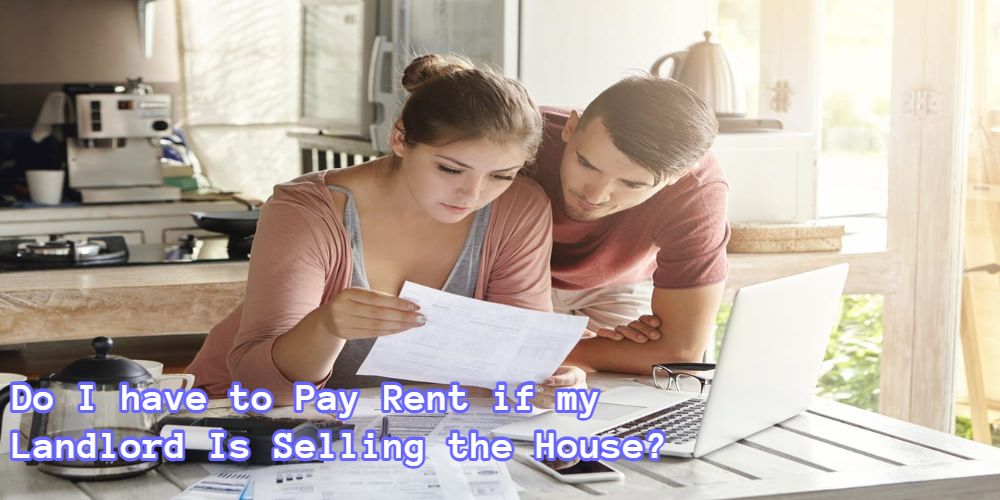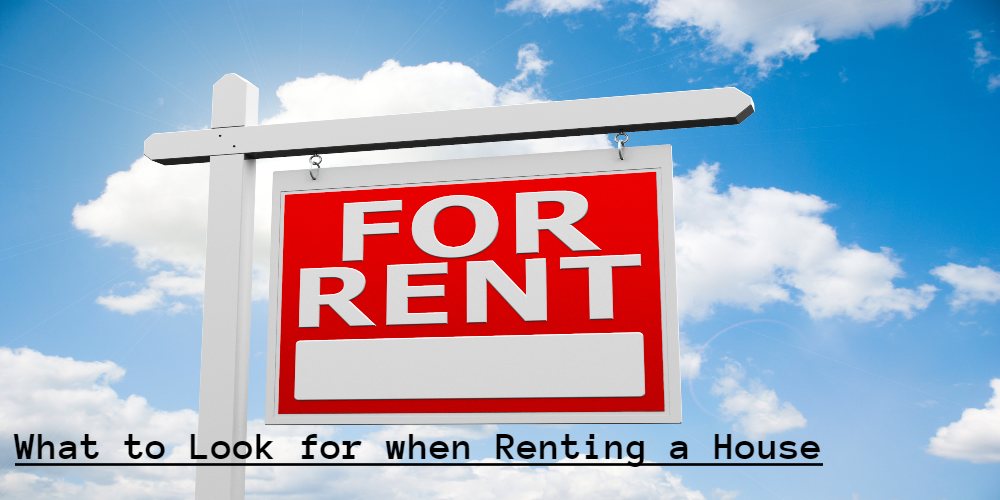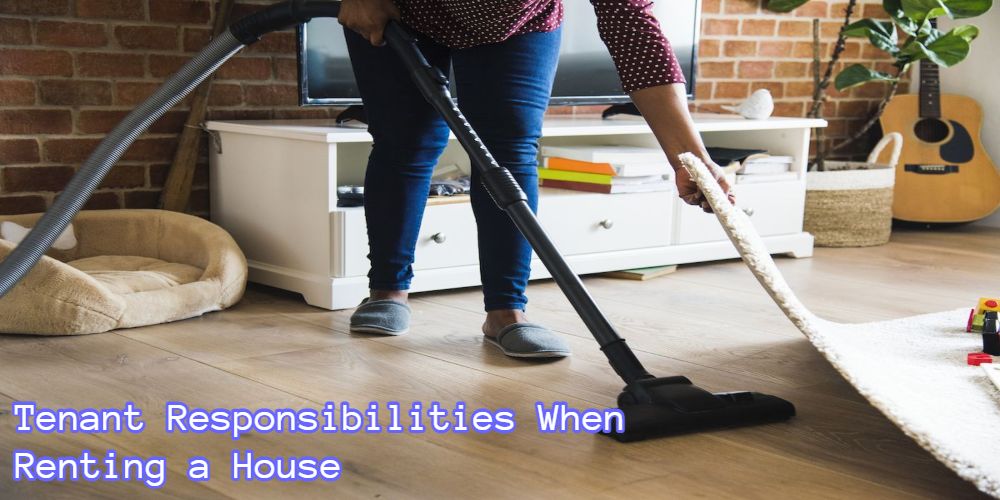Last Updated on October 24, 2021 by Kelvin Nielsen
A lease obligates both landlords and tenants to adhere to the terms of the agreement for a specific period of time, usually one year. As a tenant, one obligation you have is payment of rent. And you must do so for the entire life of the lease, regardless of whether you live there or not.
That said, life can happen and your landlord may want to sell the house you’re residing in.
And that now brings us to this question – do you have to pay rent if your landlord is selling the house? Well, this is what today’s article is all about. Here’s what you need to know!
Tenants’ Obligations under a Typical Lease Agreement
You have an obligation to pay rent to your current landlord until the property has been sold. After that, two scenarios may come up.
1st Scenario: The new owner may choose to continue renting out the property to you. In such a case, you’ll continue to pay rent under existing terms and conditions as spelt out in the lease agreement. In other words, the only difference would be that you have a new owner to pay rent to. Otherwise, everything else will remain the same.
It also goes without saying that the outgoing landlord will also have to transfer your security deposit to the other incoming landlord. Of course, they may return the deposit either wholly or partially depending on the condition of the unit relative to when they handed it over to you. Your outgoing landlord will have to notify you of important details. Such as, the amount returned, list of itemized deductions (if deductions are made), and the name and address of the new landlord.
2nd Scenario: The lease agreement has a special condition in regards to the sale of the property. Your lease agreement could contain a language along the lines of, “in the event the property changes hands, the existing lease agreement will be null and void once the new owner takes over.” While such a language may exist in a lease agreement, they aren’t that common.
3rd Scenario: You and your current landlord may choose to come to an agreement to end the lease. He or she must provide you proper notice to move out. Some leases have clauses that stipulate the amount of time a landlord can give a tenant to leave due to lease termination.
And for the inconvenience, you may also have some leverage to ask the landlord for relocation fees. After all, you’ll be doing them a favor by moving out before the lease has expired. The fee can range anywhere from the equivalent of 2 to 3 months’ rent.
Month-to-Month Rental Agreement
So, what if you have a short-term lease agreement and the landlord is selling the house? What are your options in this regard?
Renting a month-to-month lease basically means that your contract gets renewed every 30 days. As such, if your landlord is thinking of selling the house, the only thing they have to do is fail to renew the agreement for the next 30 days.
That being said, most states require landlords to notify their month-to-month tenants beforehand. 30 days is typical. The only state with a rare exception is California, where tenants are entitled to a notice period of at least 60 days.
But just like your fixed-term lease, you must still continue adhering to the terms until it ends. Among other things, paying rent and caring for the unit.
Understand your Rights when Landlord is Selling the House
Right#1: Right to an advance notice.
Regardless of whether the agreement is long-term or short-term, you have a right to be notified beforehand. The notice period is usually anywhere between 30 and 60 days depending on the state you’re living in.
Right#2: Right to a relocation fee.
This is only applicable in a long-term lease agreement. In a long-term agreement, a lease can only end in either of the following 3 ways.
- The lease expires.
- Both parties agree in writing to mutually terminate the lease agreement.
- A tenant has a valid reason. For example, starting active military duty or being a domestic violence victim.
Other than that, a landlord must wait out the term of the lease (unless the lease makes a provision for such). So, for the favor, your landlord will most likely pay some sort of fee.
Right #3: Right to a payout.
You have a right to remain in your rental premises until the lease expires. This is regardless of the decisions your landlord may take, such as selling the house you’re residing in. And this is where “cash for keys” comes in.
Your landlord can offer you a payout on the time remaining on your lease if they want you to move out sooner.
Please note that you have a right to turn down any offers and continue to rent the unit for the remainder of the term.
Right #4: Right from any form of retaliation.
If you refuse to move out, your landlord can choose to retaliate against you. For instance, by raising rent or by threatening you. If you see such actions, you have a right to sue the landlord in a court of law.
So, back to the original question – do I have to pay rent if my landlord is selling the house? Yes! You must continue abiding by all terms of the lease or rental agreement until the agreement ends.

Hi, I’m Kelvin Nielsen, an experienced landlord and accomplished real estate lawyer. My focus is on answering your questions about renting in the hopes of making your life as a renter or a landlord a bit easier.







